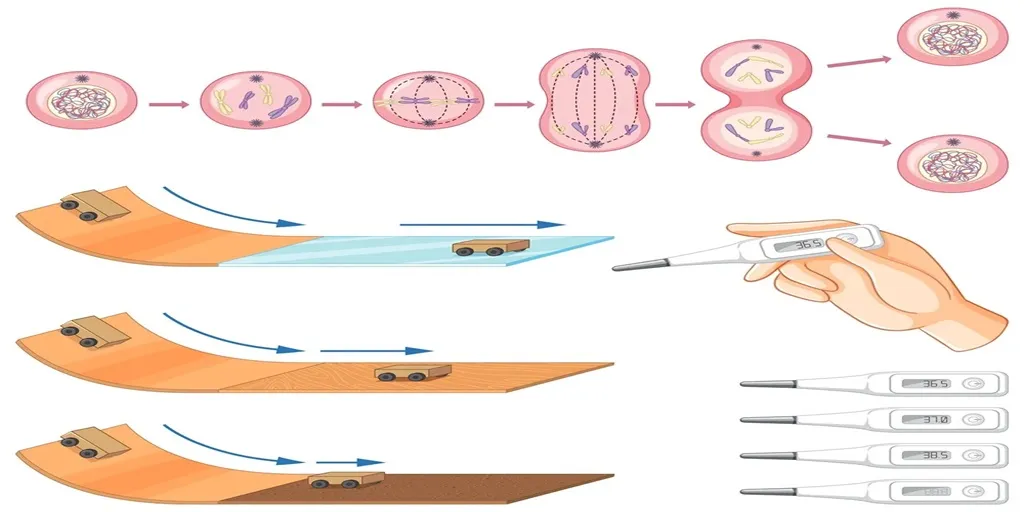While it’s often thought that male fertility is everlasting, highlighted by tales of men in their 60s and beyond fathering children, this is a myth. Like women, men, too, experience the ticking of their biological clock, with fertility ebbing away with advancing age. The exact peak of male fertility remains undetermined, yet we understand that there’s a notable decline starting around age 35, which becomes more pronounced by age 40.
The downward trend in male fertility becomes apparent as men reach their 40s, with a noticeable depreciation in the quality of sperm. This age-related decline isn’t just about the ability to father a child; it encompasses overall pregnancy success rates, the duration of conception, and the increased likelihood of miscarriage and fetal death. Couples where the woman is under 35 and the man is under 40 have a higher probability of conceiving compared to those who are older, whether they conceive naturally or with the aid of fertility treatments like IVF.
By the age of 40, men typically produce fewer healthy sperm, and the volume of semen—which includes the sperm’s ability to propel themselves toward the egg—diminishes steadily across the span from their 20s to their 80s.
How does age impact male fertility?
Age affects male fertility in many ways. Research has consistently shown that fertility rates drop off with age due to declines in semen volume, total sperm count, and sperm motility. Contributing to these changes could be several age-related factors:
- A dwindling level of testosterone.
- A reduced blood flow to the pelvic region.
- Testicular shrinkage or softening.
- The development of benign prostatic hyperplasia (BPH or enlarged prostate).
- The narrowing of the vas deferens, the ducts that transport sperm from the testicles.
If you are concerned about how age may affect your or your partner’s fertility, a male fertility doctor can provide valuable insights. Through a semen analysis, they can evaluate sperm volume, motility, and morphology. From there, a tailored fertility strategy is developed, potentially including:
- Fertility treatments like in vitro fertilization (IVF) or intrauterine insemination (IUI).
- Microsurgery to rectify or unblock the vas deferens.
- Sperm banking.
- Testosterone replacement therapy.
- Treatments for erectile dysfunction.
At what age do men stop producing sperm?
Men usually continue to produce sperm throughout their lives, but the quality of sperm can decline with age. According to the World Health Organization, the benchmarks for healthy sperm encompass count, shape, and movement. From roughly age 35, these seminal parameters may begin to deteriorate.
The partner’s age, is a significant factor influencing a couple’s likelihood of conceiving and the anticipated pregnancy outcomes. Men over the age of 35 to 40 typically experience reduced sperm health, impacting:
- Pregnancy rates.
- The length of time to conception.
- The risk of miscarriage.
- Adverse outcomes during pregnancy.
- Health risks to the offspring.
How can men enhance their fertility as they age?
While ageing is inescapable, lifestyle enhancements can boost sperm health. Staving off the effects of ageing on fertility entirely is impossible, but adopting healthier habits is beneficial.
This includes:
- Consuming a balanced, nutrient-rich diet.
- Engaging in regular physical activity.
- Quitting smoking.
- Cutting down on alcohol consumption.
- Minimizing exposure to environmental hazards, such as pesticides, heavy metals, and other toxic substances.
These measures are not only good for your sperm health but also beneficial for your overall well-being.
How can men protect their fertility as they age?
To safeguard fertility during ageing, consider sperm freezing. Capturing your sperm at its youngest and healthiest state ensures that you have options for starting a family at the time of your choosing.
What are the medical treatments for low sperm count?
When natural methods fall short in enhancing sperm count, medical treatments may be the next step. Fertility medications can boost testicular function and sperm production. In cases of physical impediments like varicoceles, surgery might be necessary. IUI is another treatment option, involving the direct placement of sperm into the uterus during ovulation. In severe cases, IVF, where eggs and sperm are united in a lab before being implanted in the uterus, may be advised.
Any concerns you have about male fertility should be discussed with a fertility specialist. They can provide a clear understanding of the risks and suggest appropriate tests or procedures to heighten your chances of a successful pregnancy and a healthy baby.
